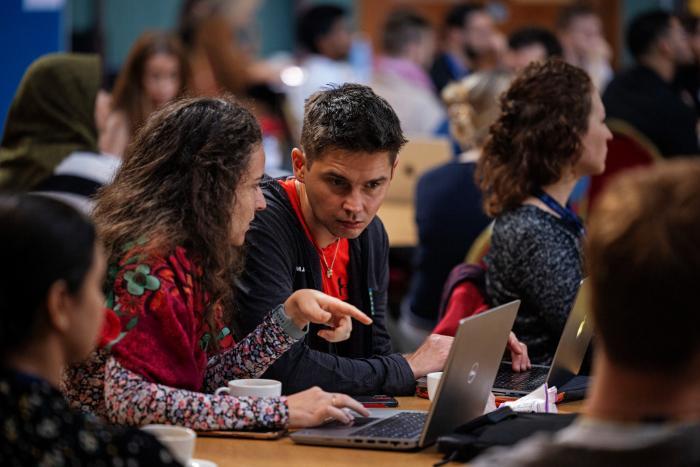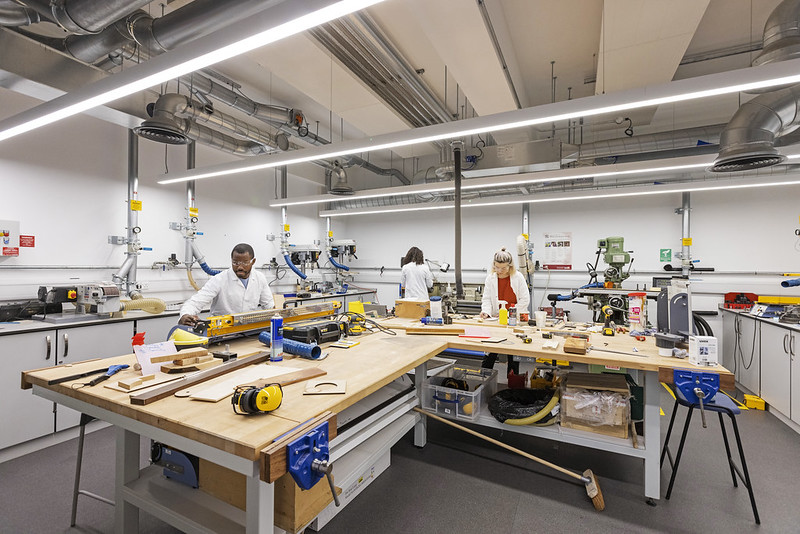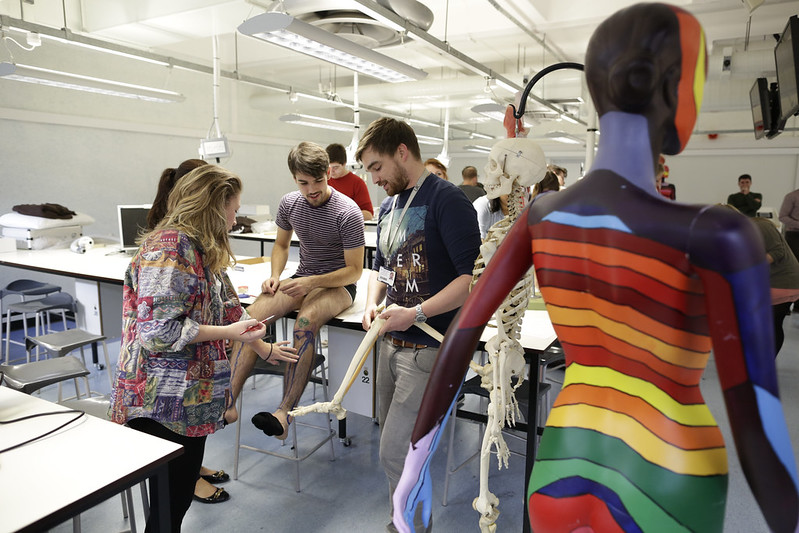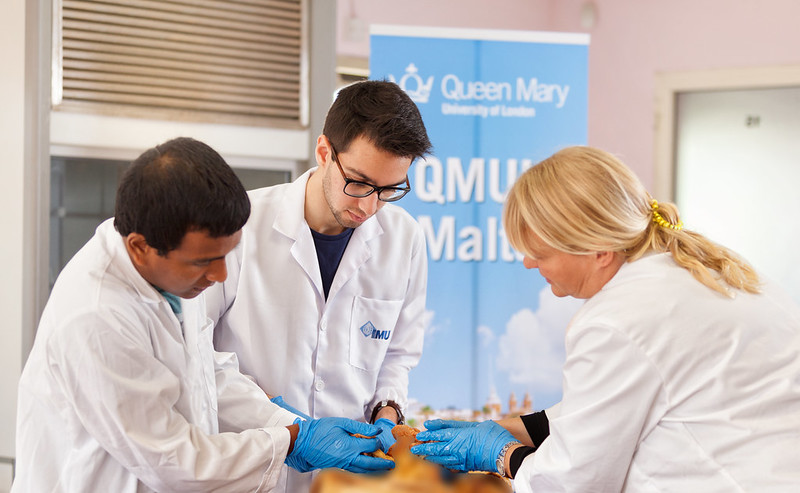
Certificate in Learning and Teaching
CILT offers an introduction to effective teaching and learning in HE, aimed at part time educators and those who support learners. Lasting one year, CILT is a 30 credit Level 7 programme leading to recognition as Advance HE Associate Fellow.
The concept of student-led learning has been transformative in how I approach teaching
From September 2025 we are launching a new updated CILT programme. The information below relates to the new programme. For details of the current (pre-September 2025) course please consult the programme handbooks.
Duration/time commitment
CILT is a one-year part time programme which comprises one 30-credit module taken over two semesters. This is equivalent to approximately 300 hours of study time. There will typically be one 90-minute live seminar or webinar per week of semester time, although delivery will vary. You will be expected to complete up to two hours of asynchronous learning each week as well as any additional independent research and reading you choose to do, and preparation of your assignments.
Eligibility
To qualify for the programme you will be expected to be engaged in at least 30 hours of Higher Education practice in the support of learning during the academic year you take the course. This might include, for example, teaching small groups, lecturing, supervising research students, designing and supporting digitally-enhanced learning, assessment, module organisation and personal tutoring.
CILT is open to Queen Mary staff (ie. those holding a current contract of employment) teaching or supporting the learning of Queen Mary students. This includes postgraduate research students who teach and professional services staff.
Please note that NHS staff are not eligible to enrol on this programme. Queen Mary’s Institute for Health Sciences Education offers Medical Education PGCert and Medical Education MA programmes and has established a new Academy of Clinical Educators.
Mode of delivery
CILT is an online programme which is fully flexible so that Queen Mary colleagues can attend wherever they are based in the world. Most modules will offer webinars and student-paced online activities for you to complete in your own time. Some modules will also offer optional in-person sessions.
Modules and programme structure
CILT is made up of one 30 credit module:
- Learning and Teaching in Higher Education (QMA7001)
You will study this module over two semesters, starting in September. You will need to pass this module in order to successfully complete the programme.
More information on module content is available from the programme handbook.
Assessment
All assessment on CILT is coursework based. Assessments are designed to be practical and authentic and in order to support you in developing your practice. Types of assessment (including formative and summative) on CILT include design and analysis of a session plan, a presentation on a learning resource, observation of your practice, and written reflection on your education practice.
Recognition
Upon successful completion of CILT you will receive the academic award as well as Advance HE Associate Fellowship (AFHEA).
Attendance policy
You are expected to attend, engage with and prepare as instructed for all scheduled topics on the modules you take. While we encourage you to attend all webinars, you won’t be penalised for not attending sessions if you’re unable to. If you are unable to attend the live session, then you will need to watch the recording and complete asynchronous activities. Failure to engage in at least 80% of a module’s teaching and learning activities (synchronous and asynchronous) may result in your de-registration from the programme. If you leave Queen Mary during the programme and have completed at least half of it, you will be able to continue to complete your programme with us. You may choose instead to use the credits already gained towards a similar qualification at your new institution.
Timetable
View the programme timetable for the current academic year.
Fees
CILT is an internal professional development programme and there are no fees. The programme is only open to eligible Queen Mary educators.
Programme team
- Dr Valentina Aparicio – Module Organiser: Learning and Teaching in HE
- Dr Steph Fuller – Programme Director
- Giorgia Pigato – Module Organiser: Learning and Teaching in the Disciplines
- Olumide Popoola – Module Tutor: Learning and Teaching in HE; Learning and Teaching in the Disciplines
- Reena Varsani - Programme Administrator
The programme content and teaching / learning methods are useful and I’ve been putting into practice things I have learnt


